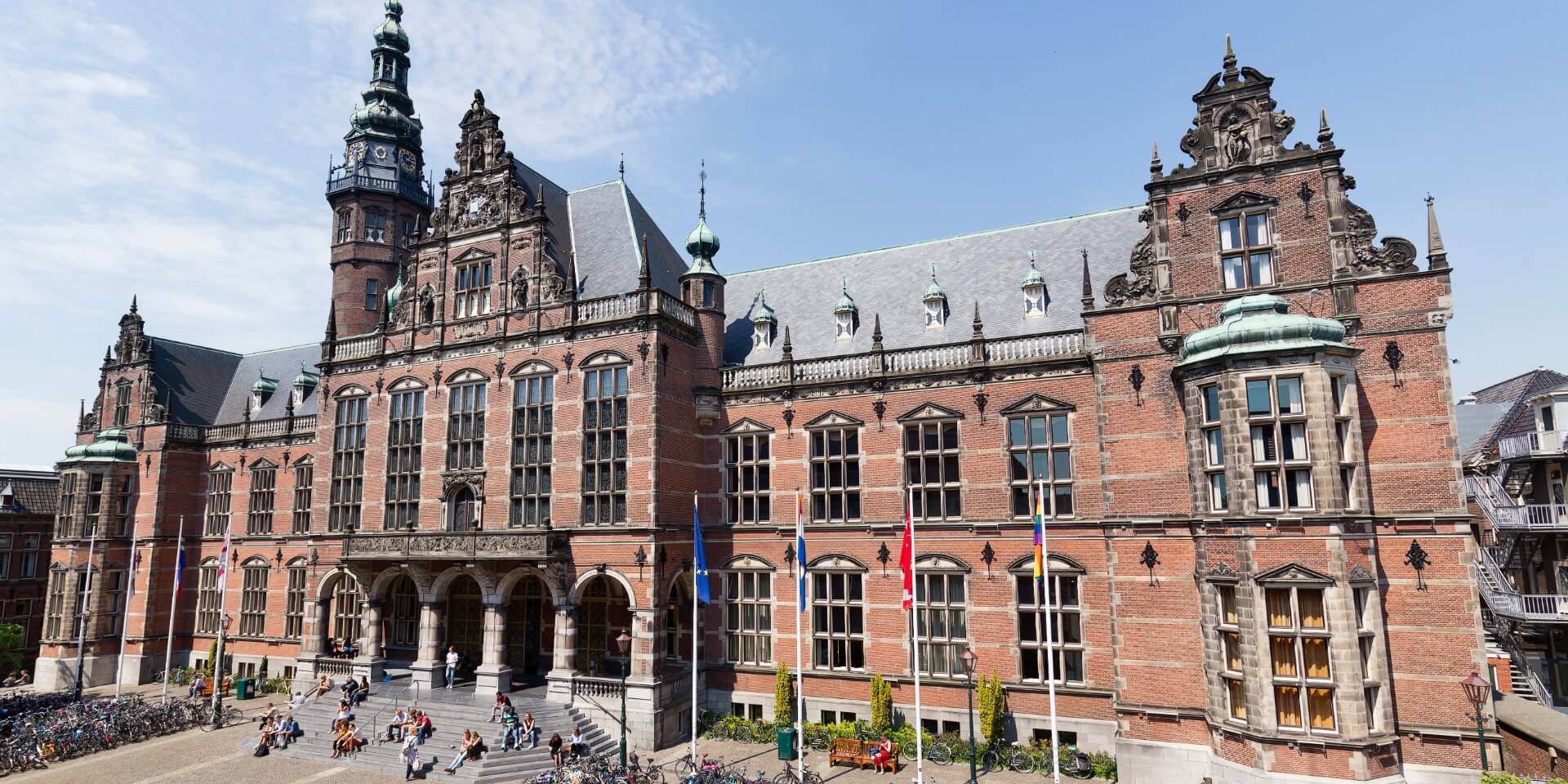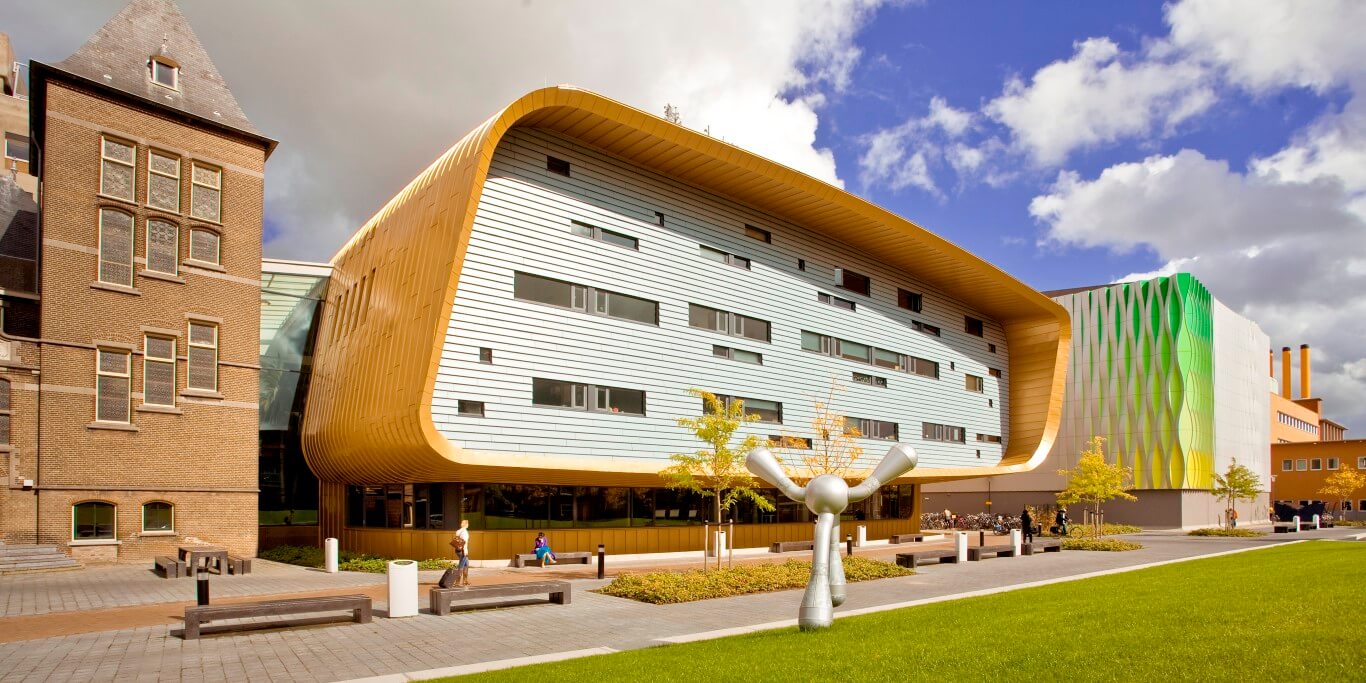Courses (Preview)
YEAR 1
English for Academic Purposes (EAP): Persuasive Expression (5 EC)
English Linguistics: Sentence Structure (5 EC)
Making Meaning: Introduction to English Literatures 1 (5 EC)
English for Academic Purposes (EAP): Composition (5 EC)
English Linguistics: Sound Structure (5 EC)
Knowledge and Power (5 EC)
English Literatures: The Beginnings until 1550 (5 EC)
English Literatures from 1550: Periods and Contexts (5 EC)
EAP: Argumentation (5 EC)
English Linguistics: Sociolinguistics (5 EC)
Chaucer: Works and Background (5 EC)
Literary Theory for English Studies (5 EC)
YEAR 2
EAP: Popular Contexts (5 EC)
English Linguistics: Meaning and Use (5 EC)
Shakespeare and Early Modern Literature (5 EC)
EAP: Research reports (5 EC)
English Linguistics: Language Change (5 EC)
Reading Middle English (5 EC)
EAP: Debate and Discussion (5 EC)
Group A: English Linguistics: Phonology Laboratory. Or, in alternate years: English Linguistics: Morphology (5 EC, optional)
Group A: English Linguistics: Research Tools (5 EC, optional)
Group A: King Arthur, Romance and Empire. Or, in alternate years, Marvels, Monsters, and Mysteries (5 EC, optional) (5 EC, optional)
Group A: Modern Literature option (5 EC, optional)
Group A: Revolutionaries and Romantics in English Literature. Or, in alternate years: Sensation & Victorian Culture (5 EC, optional)
Group B: Broken Images: Anglo-American Modernism. Or, in alternate years: Sick Jokes: Postmodernity & English Literature (5 EC, optional)
Group B: English Employed (5 EC, optional)
Group B: English Linguistics: Lexicon. Or, in alternate years: English Linguistics: Syntax (5 EC, optional)
Group B: Medieval Literature option (5 EC, optional)
Group B: Saints and Sinners in Medieval England. Or, in alternate years, Controversy and Dispute in Medieval English Literature (5 EC, optional)
Group B: Shakespeare at Stratford (5 EC, optional)
Group B: World Literatures in English (5 EC, optional)
YEAR 3
Minor (30 EC, optional)
Group C: Controversial Literature (5 EC, optional)
Group C: English Linguistics: Language Variation (5 EC, optional)
Group C: Language and Culture of Anglo-Saxon England (5 EC, optional)
BA Dissertation (Linguistics, Medieval Literature or Modern Literature) (10 EC)
Group C: English Linguistics: Language in Interaction (5 EC, optional)
Group C: Schoolyards and Haunted Houses (5 EC, optional)
Group C: Special Topic Medieval Literature and Culture (5 EC, optional)
Show less









